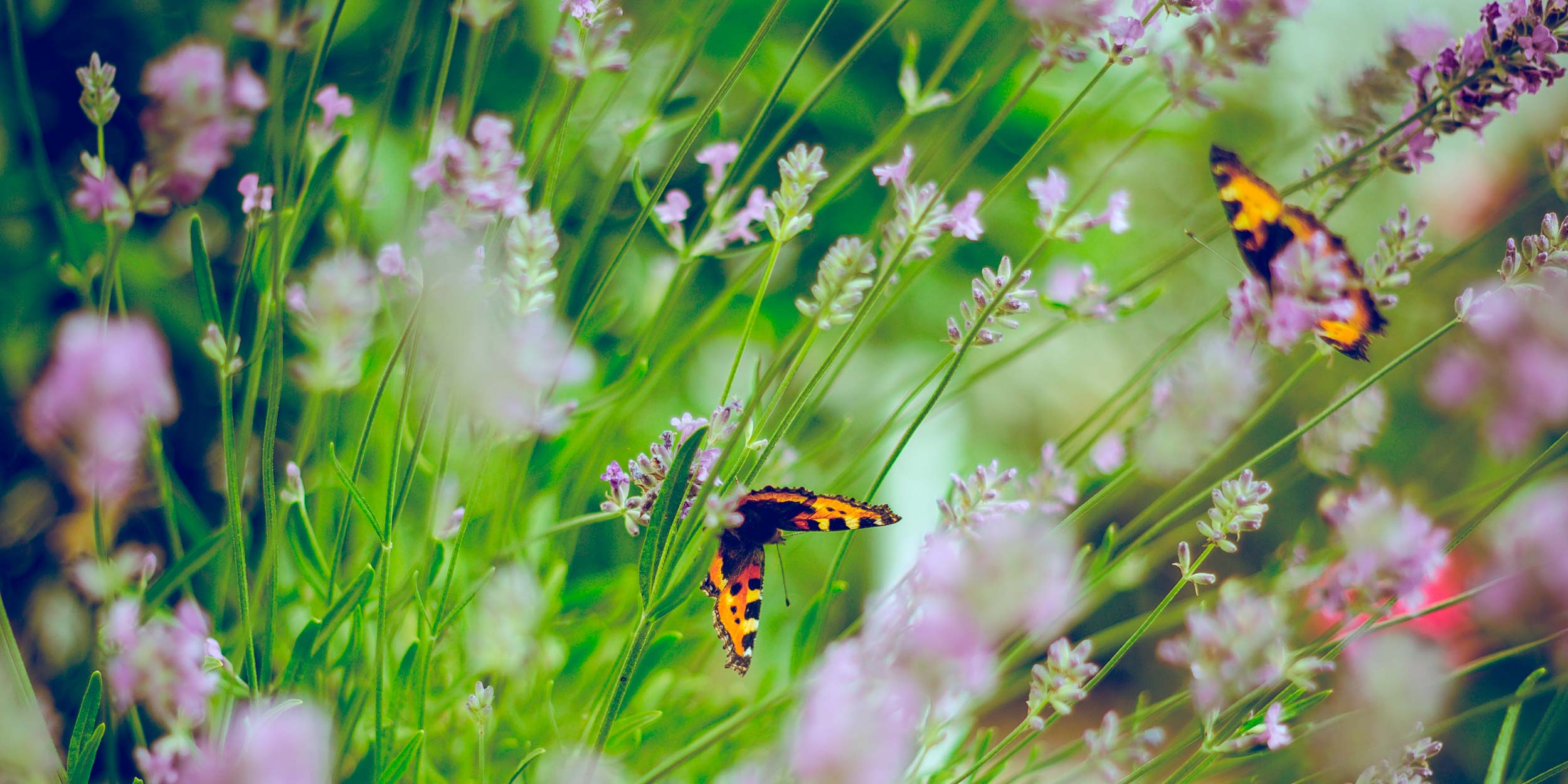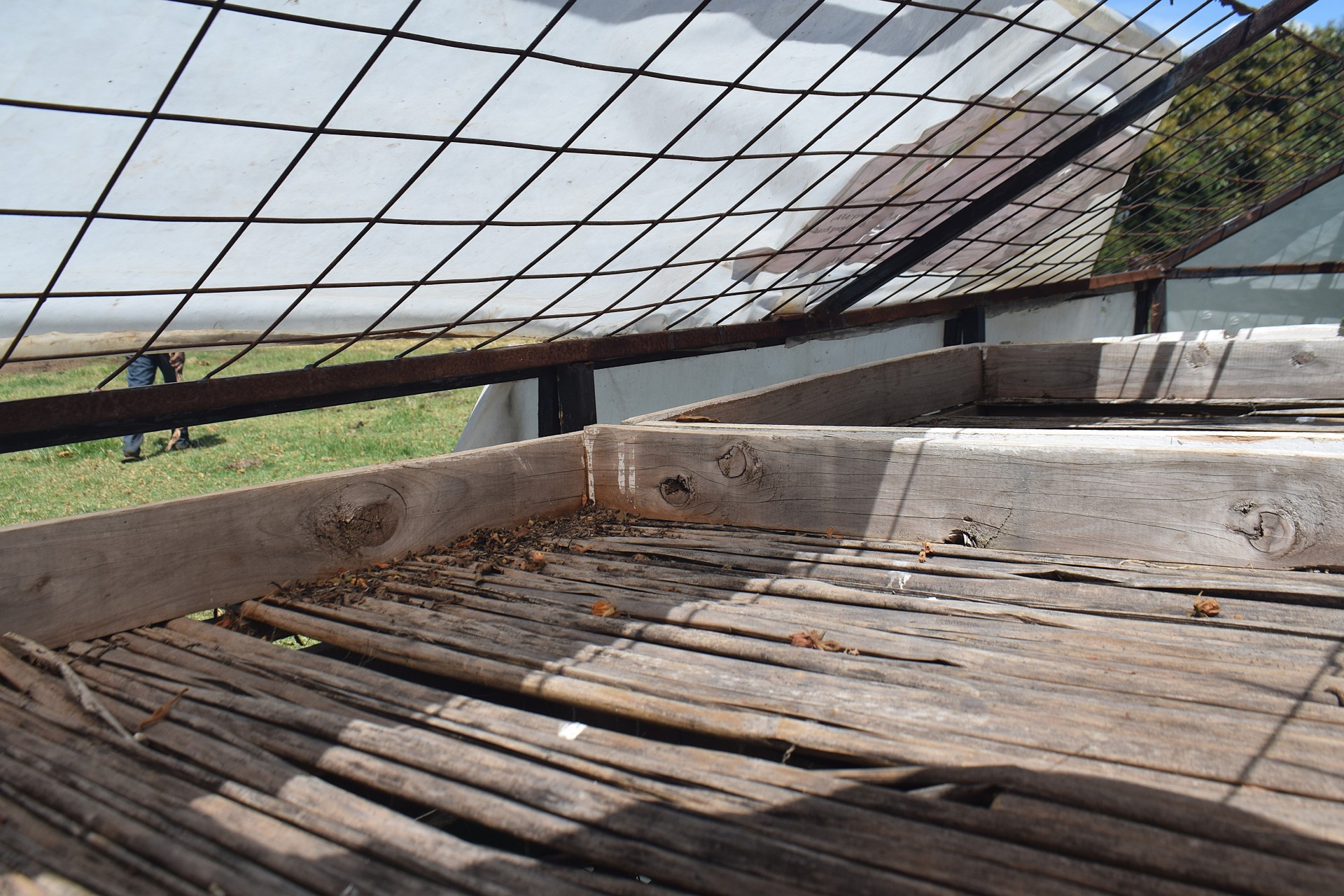- Rewilding, a concept rooted in restoring natural ecosystems, not only benefits the environment but also offers a multitude of advantages for our own well-being.
In our modern world, where manicured lawns and perfectly pruned gardens have become the norm, it's time to reconsider our approach to nature.
Rewilding, a concept rooted in restoring natural ecosystems, not only benefits the environment but also offers a multitude of advantages for our own well-being.
By exploring simple yet impactful ways to rewild our lives and support nature, we can foster a harmonious relationship with the natural world while creating thriving habitats for wildlife.
So, let's challenge our conventional notions and embark on a journey towards a more vibrant and sustainable future.
1. Cutting Back on the Mowing
Read More
For those who take great pride in their meticulously trimmed lawns, it's time to rethink our lawn care practices. Constant mowing inhibits the growth of flowers, prevents seed formation, and disrupts the habitats of insects and birds. By allowing grass to grow taller and embracing wildflowers, we provide shelter and sustenance for a diverse range of wildlife.
Consider reducing mowing frequency to once a month or creating a miniature meadow in a corner of your garden. Embracing a mix of plants that attract pollinators will not only enhance the beauty of your space but also contribute to the larger ecosystem.
2. Letting the Weeds Thrive
Rather than waging war against weeds, consider allowing them to flourish. Weeds and native plants provide valuable habitats for beneficial insects and pollinators. By embracing their presence, we create a balanced and biodiverse environment that supports the intricate web of life.
Embrace the beauty of nature's "imperfections" and witness the wonders they bring to your garden.
3. Nurturing the Soil
The health of our soil is vital for the success of rewilding efforts. By reducing the use of chemicals in our lawn and garden, we give nature the opportunity to restore its own balance. Healthy soil teems with microorganisms that sustain plant life and contribute to a thriving ecosystem.
Consider composting organic matter such as kitchen scraps, grass cuttings, and leaves to enrich your soil with valuable nutrients. By treading lightly and minimizing soil disturbance, we allow nature's intricate processes to flourish.
4. Embracing the Beauty of Imperfection
Our innate desire for tidiness often clashes with the wildness of nature. However, reconsidering our need for a perfectly manicured garden can yield remarkable benefits. Leave fallen leaves in piles or use them as mulch to create habitats for insects and small mammals.
Randomly arranged rocks and logs provide shelter for various species and aid in nutrient cycling. By mimicking the natural processes of decomposition and habitat creation, we provide homes for wildlife and foster a more resilient ecosystem.
Rewilding is not just an act of environmental stewardship; it is an invitation to reconnect with the natural world and rediscover our place within it.
Let's embark on this transformative journey, one step at a time, and witness the remarkable changes that unfold as we reclaim our connection to the wild.




-1769677767.jpg)

